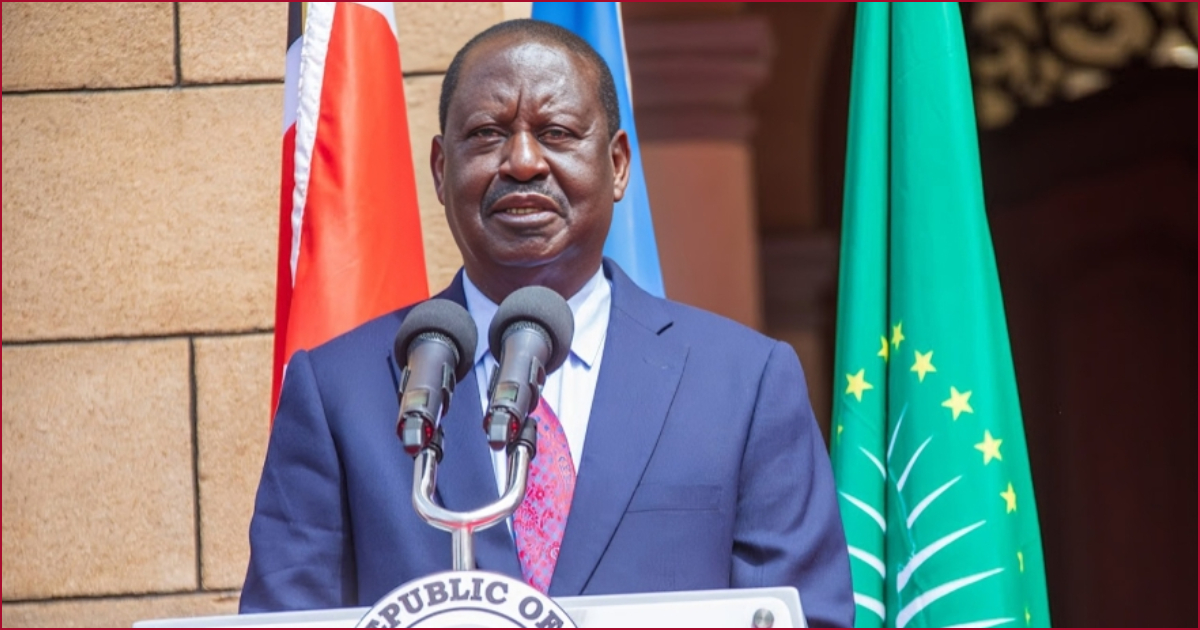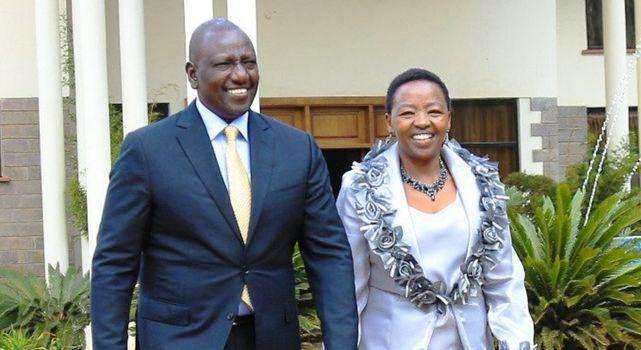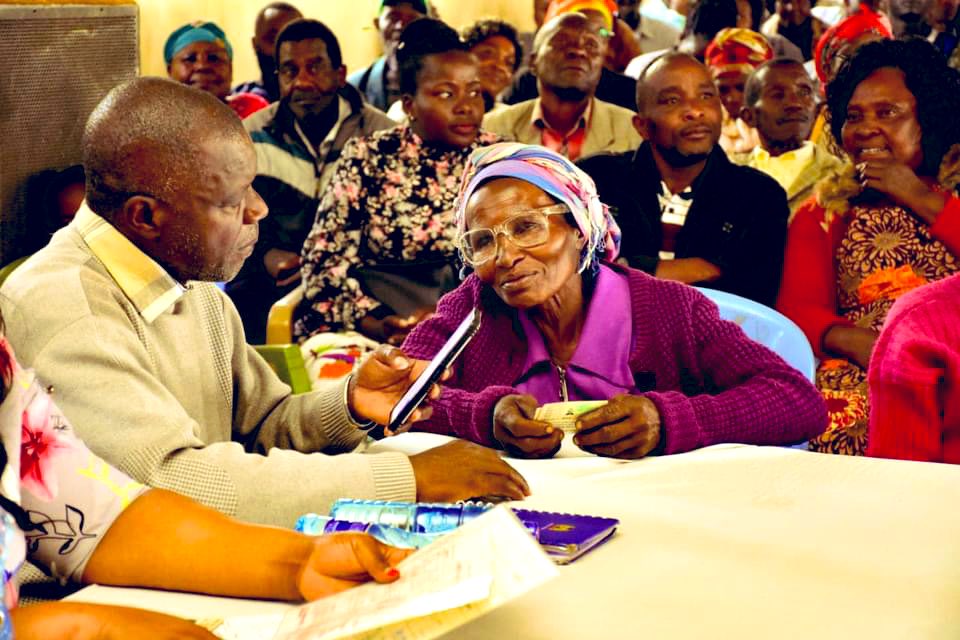Despite his recent decision to take a “break” from local politics to concentrate on his AU campaign, Raila found himself back in the political limelight on Sunday. Speaking at a homecoming event for Homa Bay Governor Gladys Wanga, celebrating her recent appointment as ODM national chairperson, Raila lashed out at the Ruto administration. He condemned what he described as heavy-handed responses to dissent, accusing the government of silencing youth protests through abductions, enforced disappearances, and extrajudicial measures
Even as President William Ruto throws his weight behind Raila Odinga’s candidacy for the African Union Commission (AUC) chairmanship, the ODM leader faces a delicate dilemma: staying focused on his continental bid while ensuring he does not alienate his loyal support base in Kenya. This balancing act will likely put Ruto’s Kenya Kwanza administration in a complex position.
Despite his recent decision to take a “break” from local politics to concentrate on his AU campaign, Raila found himself back in the political limelight on Sunday. Speaking at a homecoming event for Homa Bay Governor Gladys Wanga, celebrating her recent appointment as ODM national chairperson, Raila lashed out at the Ruto administration. He condemned what he described as heavy-handed responses to dissent, accusing the government of silencing youth protests through abductions, enforced disappearances, and extrajudicial measures. He warned that these actions, reminiscent of the repressive Nyayo era, have no place in a modern democracy.
Raila’s recent comments underscore his struggle to distance himself from Kenyan politics entirely. Earlier, he had pledged to reduce his involvement in domestic affairs, a move widely understood as a strategic condition to secure government backing for his AUC campaign. During a press conference with Prime Cabinet Secretary Musalia Mudavadi in Nairobi, Raila announced, “I am not going to be very active in Kenyan politics henceforth as I continue now to focus my attention on the continental campaign,” marking what appeared to be a pivot from his longstanding role as the opposition figurehead.
However, recent events underscore that stepping away from the domestic arena may not be as straightforward as initially anticipated. Human rights organizations estimate that around 60 young Kenyans lost their lives during protests in June and July against high taxes, economic hardship, and corruption—issues Raila had persistently critiqued before his AU candidacy. The demonstrations escalated when protesters stormed Parliament after MPs passed the contentious Finance Bill 2024, which many believed worsened the cost-of-living crisis. The aftermath of these protests reportedly saw a wave of abductions and extrajudicial actions, intensifying local and international scrutiny on Kenya’s human rights record.
Raila’s recent partnership with the Kenya Kwanza administration, marked by his “donation” of ODM figures to join Ruto’s cabinet in a bid for national unity, has prompted mixed reactions among his supporters. While some view it as a pragmatic step toward reconciliation, others see it as compromising his role as the opposition’s moral anchor. Meanwhile, President Ruto has maintained that he has seen no evidence of abductions and continues to dismiss claims of state-sponsored disappearances. Deputy President Kindiki Kithure, previously serving as Interior Cabinet Secretary, praised the police for their role in maintaining order but acknowledged issues of excessive force. Speaking at a recent church event, he committed to working with his successor at the Interior Ministry to address these concerns, stating, “I will work with the new Interior minister to deal with enforced disappearances, abductions, and killings by unknown people.”
This dynamic comes at a crucial time for Raila’s AU campaign, where President Ruto, Mudavadi, and Kindiki play instrumental roles. They are tasked with rallying support among African leaders, showcasing Raila as a strong candidate for the AUC chairmanship. Last week, Kindiki delivered a formal message to Botswana’s newly elected President Duma Boko, urging him to back Raila’s bid. Mudavadi launched Raila’s campaign in Addis Ababa, the AUC’s headquarters, while Ruto has been seen actively promoting Raila during his diplomatic visits across Africa.
Raila’s balancing act between continental aspirations and domestic alliances will be critical to his political future. Should he fail in his AU bid, he will likely rely on his Kenyan base for rejuvenation. In the meantime, his stance on governance issues and human rights abuses will continue to resonate with supporters who view him as an essential voice against the government’s overreach.





